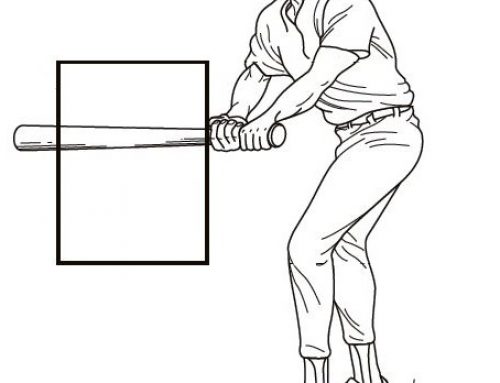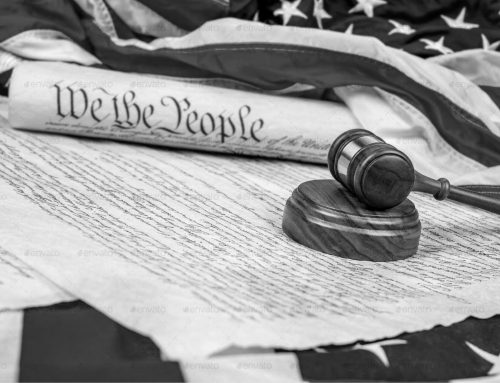What Is a Trade Secret?
Although the definition of “trade secret” may vary amongst jurisdictions, the Uniform Trade Secrets Act (“UTSA”) defines a trade secret as:
“information, including a formula, pattern, compilation, program, device, method, technique, or process that-
- Derives independent economic value, actual or potential, from not being generally known to, and not being readily ascertainable by proper means by, other persons who can obtain economic value from its disclosure or use; and
- Is the subject of efforts that are reasonable under the circumstances to maintain its secrecy.”
Comment b of the Restatement of Torts, Section 757 provides the following definition:
A trade secret may consist of any formula, pattern, device or compilation of information which is used in one’s business, and which gives him an opportunity to obtain an advantage over competitors who do not know or use it. It may be a formula for a chemical compound, a process of manufacturing, treating or preserving materials, a pattern for a machine or other device, or a list of customers. It differs from other secret information in a business (see § 759) in that it is not simply information as to single or ephemeral events in the conduct of the business, as, for example, the amount or other terms of a secret bid for a contract or the salary of certain employees, or the security investments made or contemplated, or the date fixed for the announcement of a new policy or for bringing out a new model or the like. A trade secret is a process or device for continuous use in the operation of the business. Generally it relates to the production of goods, as, for example, a machine or formula for the production of an article. It may, however, relate to the sale of goods or to other operations in the business, such as a code for determining discounts, rebates or other concessions in a price list or catalogue, or a list of specialized customers, or a method of bookkeeping or other office management.
Restatement (First) of Torts § 757 (1939).
In other words, whatever you regard as a trade secret must in fact be secret. Contrary to patents, trade secrets are protected without registration, that is, trade secrets are protected without any procedural formalities. Consequently, a trade secret can be protected for an unlimited period of time.






